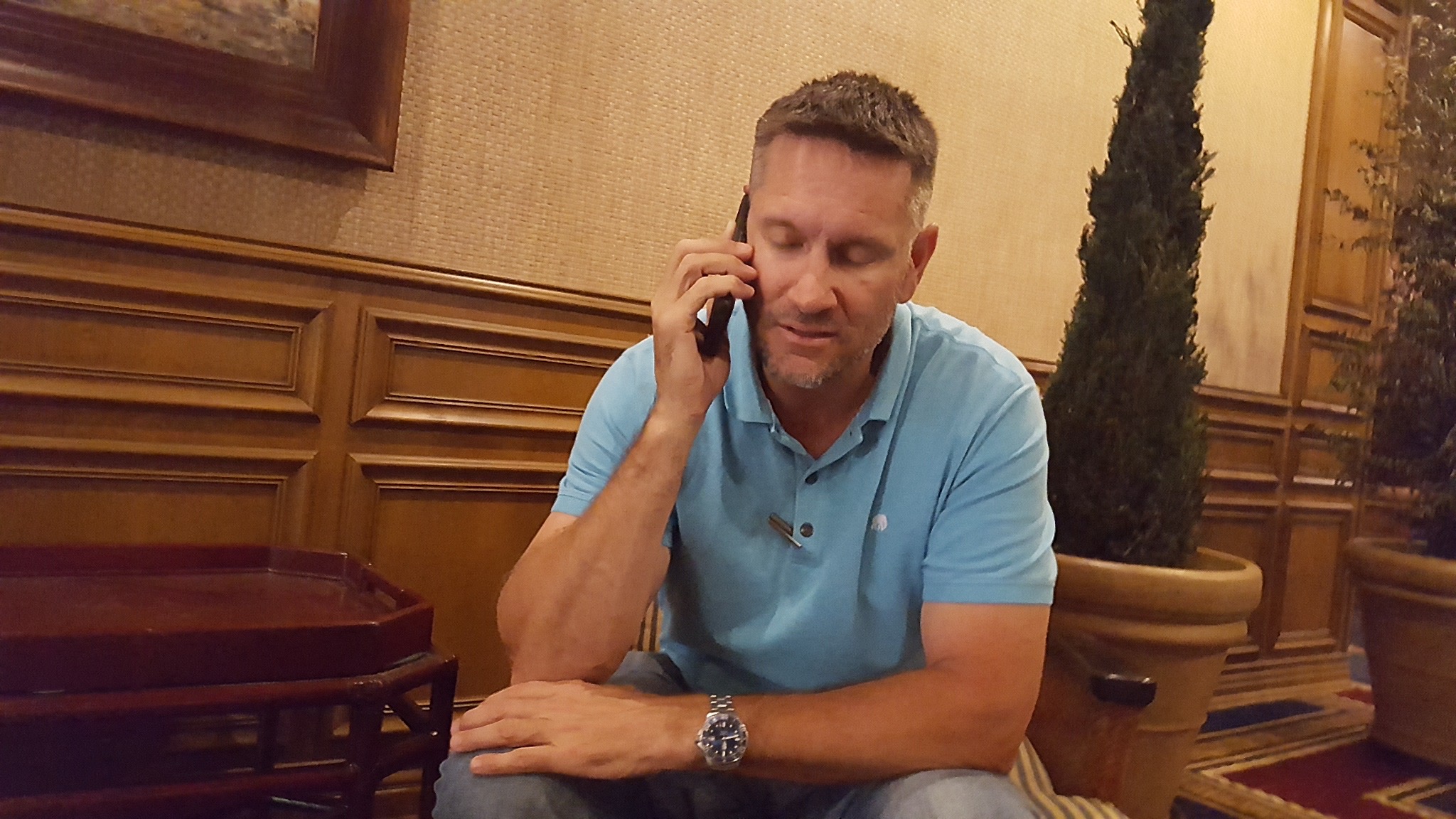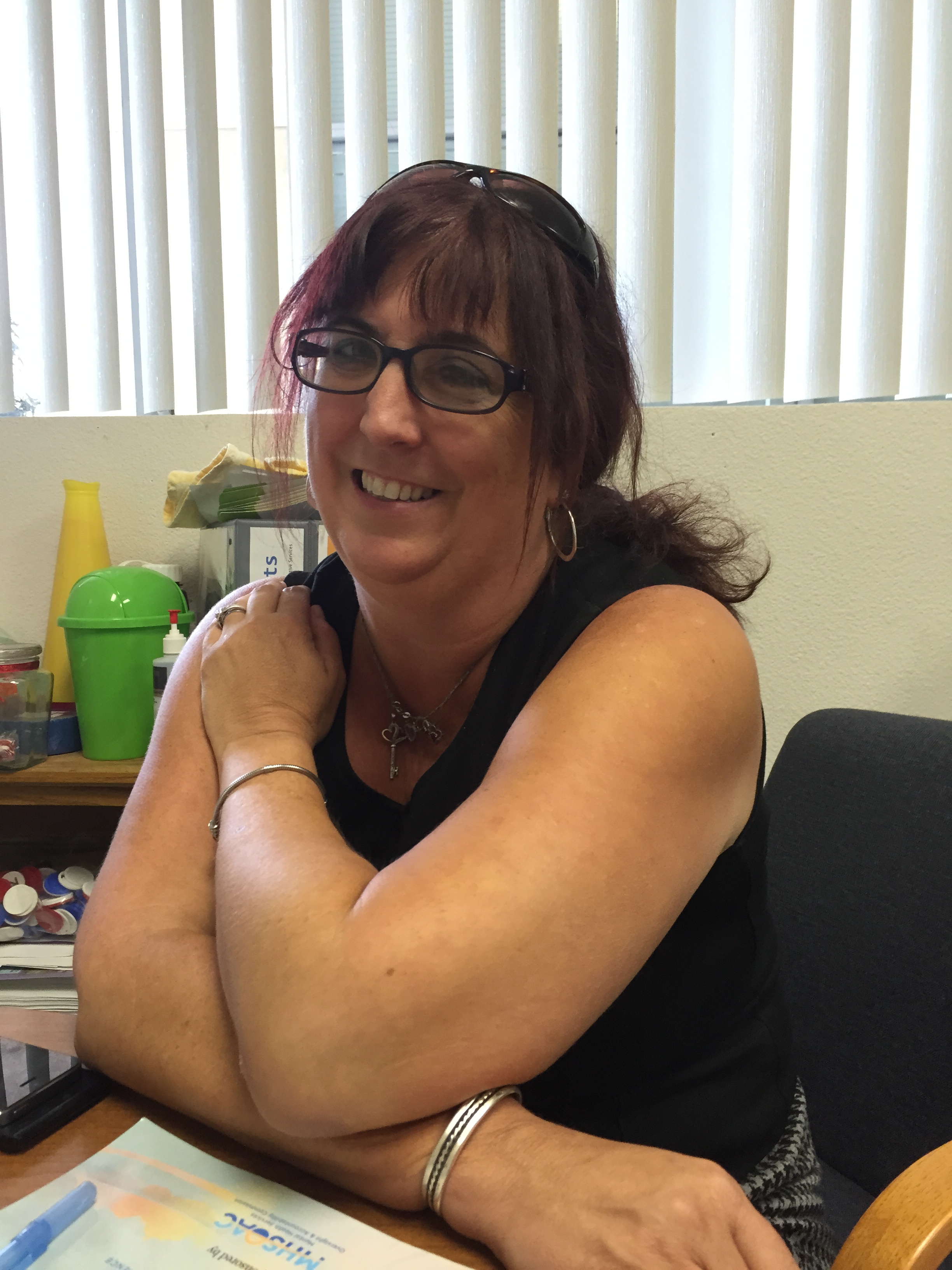Ryan Metzler Juggles Many Farm Operations
Ryan Metzler Juggles Farm Operations—Large and Small
By Patrick Cavanaugh, Farm News Director
Ryan Metzler grew up as a fourth generation California farmer, as his dad and uncle had a fairly big farming operation producing tree fruit and winegrapes in the Fresno area throughout the 1970s and 1980s. Eventually, Ryan’s dad spun off on his own, enabling Ryan to work with his dad for many years.
Today, Metzler is a graduate of Fresno State, lives in Fresno, and as vice-president of Capital Agricultural Property Services—the property management division of Prudential Ag Investments—he manages many farm operations in the West. “Most of our clients are large investment groups,” said Metzler, “so these clients will typically look at large agricultural properties as an investment.”
As these investment companies typically know little about farming, Metzler explained, “our role is to not only make recommendations about what to plant, but also how to diversify, how many acres, how to process, and who gets to buy the fruit. So we end up growing fruits, nuts and vegetables and just about anything that is consumed,” he said.
“My charge is the western region of the U.S., but we manage farms in the Midwest and the East,” Metzler said. “It does give me opportunities to be involved with a lot of different commodities, but I have to say that growing winegrapes is probably my favorite.”
Managing many properties takes a very strong team. “I work directly with some managers and then we hire a secondary layer of management to do the tractor work and the day to day operations. We have both the economic responsibility, but also the practical farming responsibility to maintain these properties because they do change over time.”
Metzler also farms 200 acres of winegrapes and tree fruit in the Fresno/ Sanger area. “What I find the most interesting, is that I get to be a small grower and deal with small grower issues, and I also get to be a large grower and deal with large grower issues. And I love to marry up those two challenges because it gives me a great perspective on decision making. Sometimes you have to make a strategy choice and other times you have to make a tactical choice, and I find that mix to be really rewarding,” said Metzler.
Metzler summed up farming as “an absolute thrill. I wake up everyday and pinch myself to be lucky enough to do something like this for a living.”














